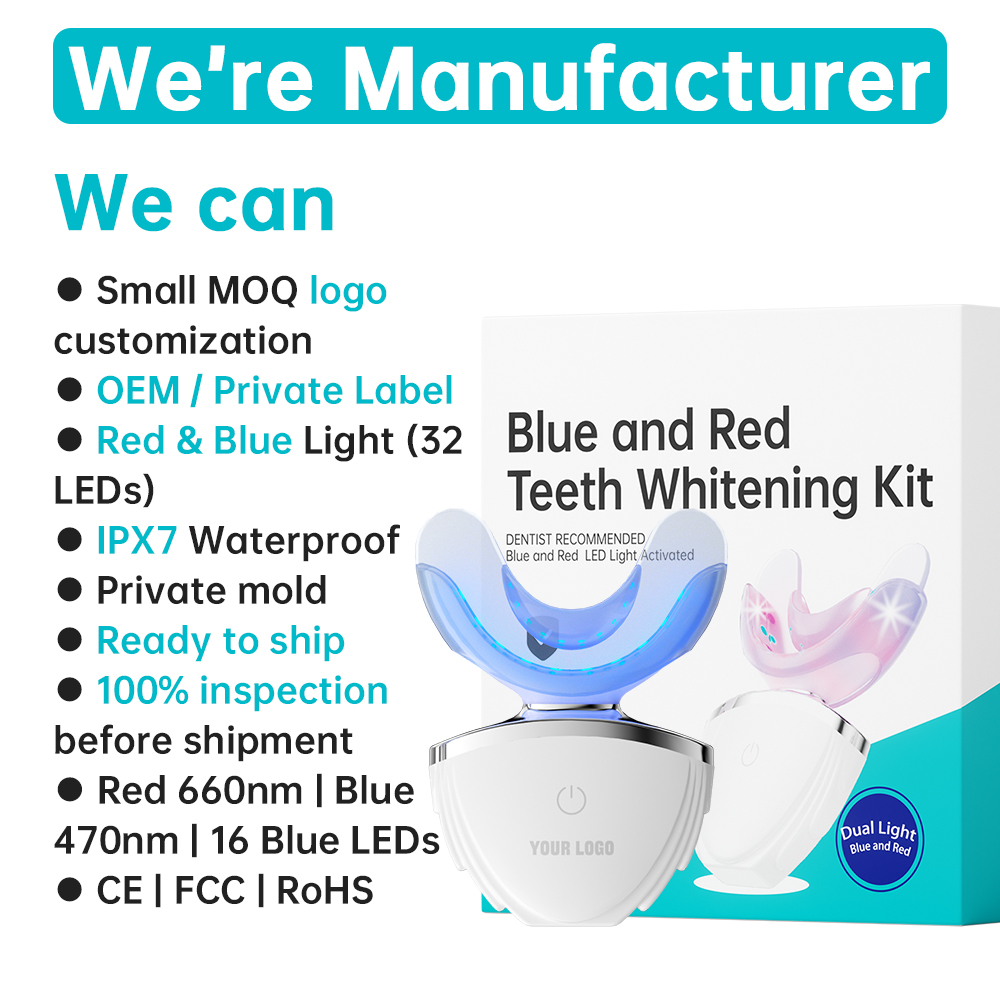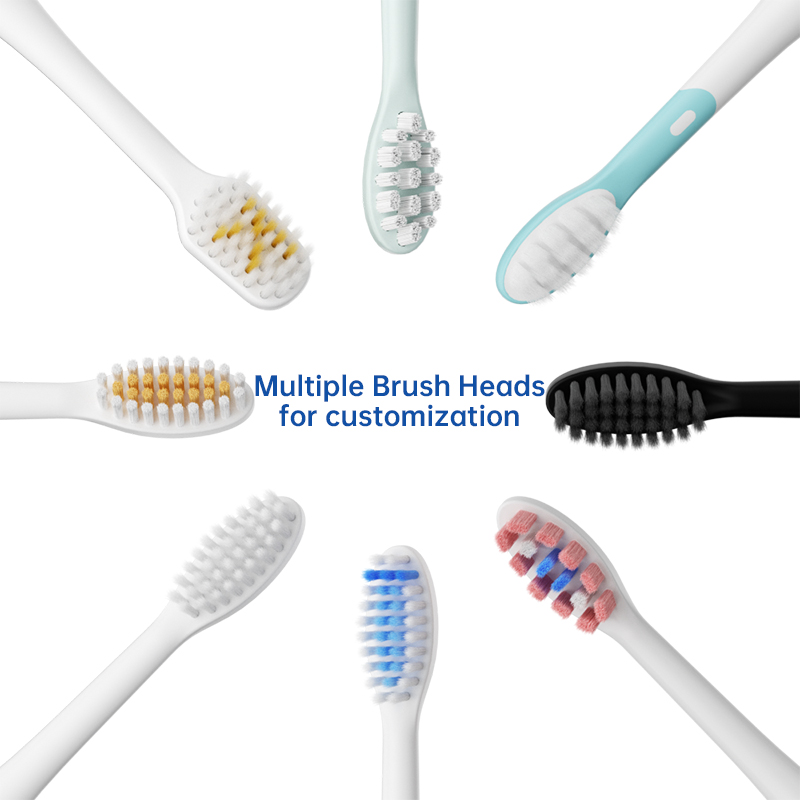In the world of product manufacturing and retail, businesses are often faced with the decision of whether to pursue a branding vs private label solutions. Both models have their distinct advantages and disadvantages, and the right choice for your business largely depends on your specific goals, resources, and target market.
In this blog, we’ll explore both branding and private label models, outlining their key benefits and challenges, so you can make an informed decision on which is best suited for your needs.
Branding refers to creating a unique identity for your products. This includes developing a distinctive logo, messaging, packaging, and marketing strategies that set your products apart from competitors. The key here is to build a strong emotional connection with customers through your brand.
On the other hand, private label products are manufactured by one company but sold under another company’s brand. For example, a retailer may purchase generic products from a manufacturer and sell them under their own store’s name. Private label products are often seen as an affordable alternative to well-known brands.
When choosing between branding and private label, there are several factors you should consider:
It’s also worth noting that some companies use a hybrid model, combining private label vs branding strategies. This can give businesses the flexibility to tap into different market segments. For instance, you can offer private label products alongside your branded offerings, giving customers a wider range of options at different price points.
By doing so, you can cater to both budget-conscious customers and those seeking premium, branded products. The hybrid approach allows you to diversify risk while expanding your product portfolio.
Ultimately, the choice between branding vs private label depends on your business objectives, resources, and market positioning. If you have the capital and time to invest in long-term growth, building a brand might offer the best return on investment. However, if you’re looking for lower-risk, cost-effective solutions with quicker market entry, private label products may be the way to go.
Remember that there’s no one-size-fits-all answer. It’s important to evaluate your options carefully and consider both the advantages and disadvantages of branding and private label before making your decision. Contact Powsmart if you’re interested in water flosser manufacturing and customization service.https://www.powsmart.com/

ODM process for electric toothbrush

Electric Toothbrush + Water Flosser Combination: How Can Brand Owners Enhance Competitiveness Through This Bundle?
.jpg)
How does a built-in timer ensure a dentist recommended clean?

How Much Do You Know About the Knowledge of the Water Pump?
.jpg)
Why is a Non-slip Grip Texture vital for a high-pressure Dental Water Jet?
.jpg)
Is Adaptor Compatibility Limited by Grip Ergonomics Flaws?

Tooth Flosser User Experience Optimization and Product Iteration Strategy

The production of Electric Toothbrush Brush Heads
-3-scaled-1.jpg)
Comparing Irritation of Teeth Whitening Methods for Sensitive Teeth

Can a Whitening Booster Solution Be Promoted Through an App-connected Toothbrush Developer?

Oral Irrigators That Can Replace Dental Floss Are So Useful! 5 Common Misunderstandings About Using Them
.jpg)
Taste Alteration After Tray Misalignment – Coincidence?

How Could Electric Toothbrush Brands Stand Out Through Bristle Quality?
.jpg)
Blue Light Whitening Device OEM Solutions for Global Brands
.jpg)
Excessive Noise With Pulp Inflammation? Dual Threats From Electric Brushes!

FDA-Approved Antibacterial Bristles of Electric Toothbrush: A Safety Guide for Oral Care